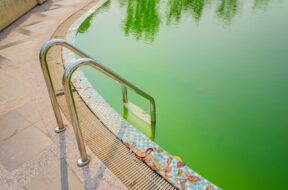
Want to learn more about algaecide? Read on to find out when to add algaecide to your pool maintenance routine and other helpful tips.
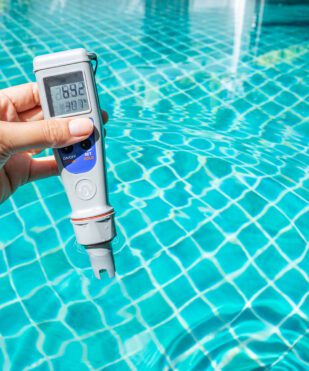
The first chlorine pool was invented and used in the year 1911 by Brown University (See source here). Since then, chlorine pools have become the most popular type of pool in the world. But is it time to rethink that norm?

Pool filters come in 3 main styles cartridge filters, and D.E. filters. Each offers distinct pros and cons.

Want to learn more about algaecide? Read on to find out when to add algaecide to your pool maintenance routine and other helpful tips.
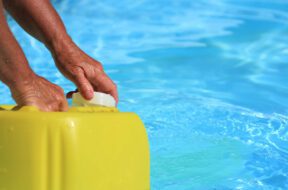
In this quick guide, we’ll answer the question “can you over shock a pool” and unveil the factors to consider when shocking a pool.
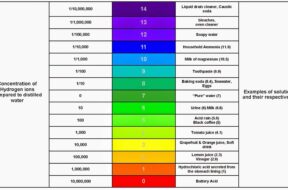
Maintaining both pH and total alkalinity in your swimming pool is important for keeping your pool properly sanitized and non-corrosive. Total alkalinity is to pH what cyanuric acid is to free chlorine. Total alkalinity stabilizes pH levels. The ideal pool pH level is 7.4 to 7.6. The ideal total alkalinity level is 80 to 120 ppm.
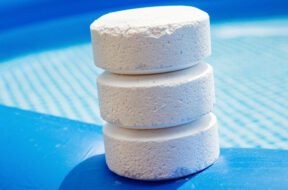
The Association of Pool and Spa Professionals recommends free chlorine levels for both swimming pools and hot tubs be kept between 2.0 and 4.0 ppm. However, the Center for Disease Control recommends free chlorine stay above 1 ppm in pools and 3 ppm in hot tubs.